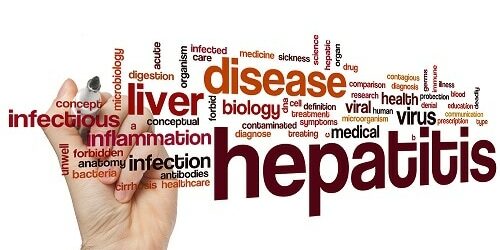
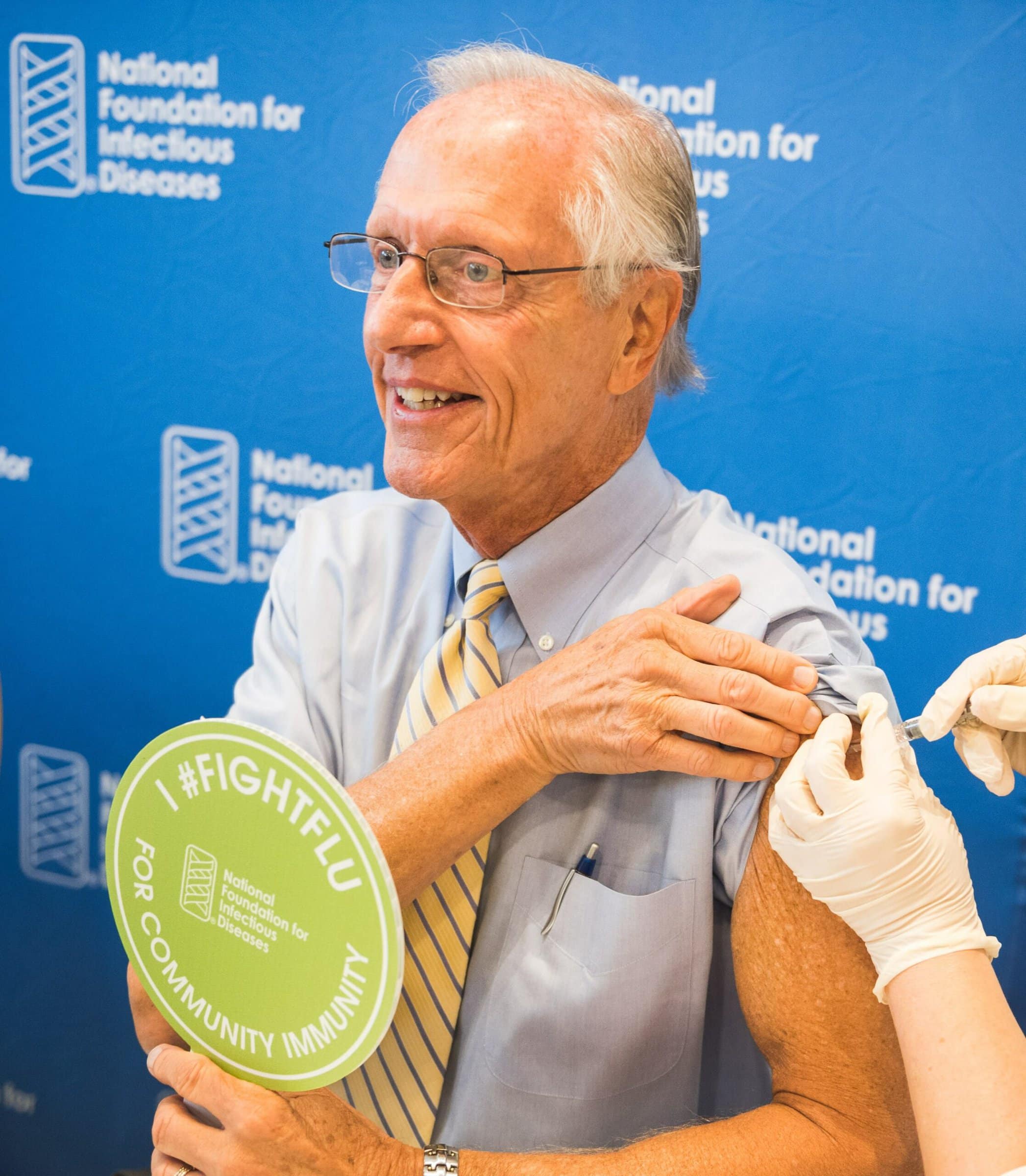
Special thanks to William Schaffner, MD, NFID Medical Director and Professor of Preventive Medicine and Infectious Diseases at Vanderbilt University School of Medicine, for this guest post about the importance of protecting adolescents against hepatitis. Observed around the globe on July 28 each year, World Hepatitis Day is dedicated to raising awareness about the causes and prevention of viral hepatitis infections.
Hepatitis is an inflammation of the liver and is often caused by a virus. There are several types of hepatitis viruses but in the US, the most common types are Hepatitis A, B, and C. Millions are living with viral hepatitis but most do not know they are infected. People can live with chronic hepatitis for decades without having symptoms.
Two vaccines are currently available to help prevent viral hepatitis in adolescents:
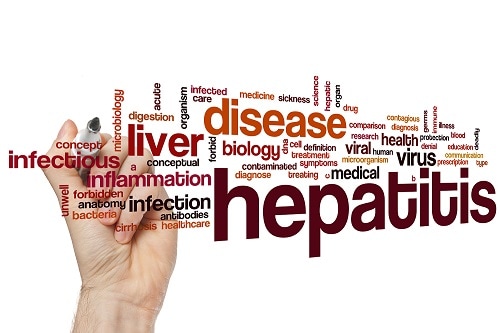 Hepatitis A is a highly contagious liver infection caused by the Hepatitis A virus. The virus is spread by eating contaminated food or drinking contaminated water. It can also be spread by close person-to-person contact in a household or sexual contact with an infected person. Hepatitis A is the most common vaccine-preventable disease acquired during travel. Data on Hepatitis A vaccine recommendations for catch-up vaccinations for adolescents were reviewed during the June 2017 Advisory Committee on Immunization Practices (ACIP) meeting.
Hepatitis A is a highly contagious liver infection caused by the Hepatitis A virus. The virus is spread by eating contaminated food or drinking contaminated water. It can also be spread by close person-to-person contact in a household or sexual contact with an infected person. Hepatitis A is the most common vaccine-preventable disease acquired during travel. Data on Hepatitis A vaccine recommendations for catch-up vaccinations for adolescents were reviewed during the June 2017 Advisory Committee on Immunization Practices (ACIP) meeting.
Although the Centers for Disease Control and Prevention (CDC) has recommended Hepatitis A vaccination for children aged 12-23 months since 2006, a substantial portion of US children remain unprotected and susceptible to infection. It is especially important that catch-up Hepatitis A vaccines are assessed and provided to unvaccinated adolescents at risk, to provide them with protection before they mature into adulthood. Additionally, all travelers to regions where Hepatitis A is common and family and caregivers of recent adoptees from countries where Hepatitis A is common should be vaccinated.
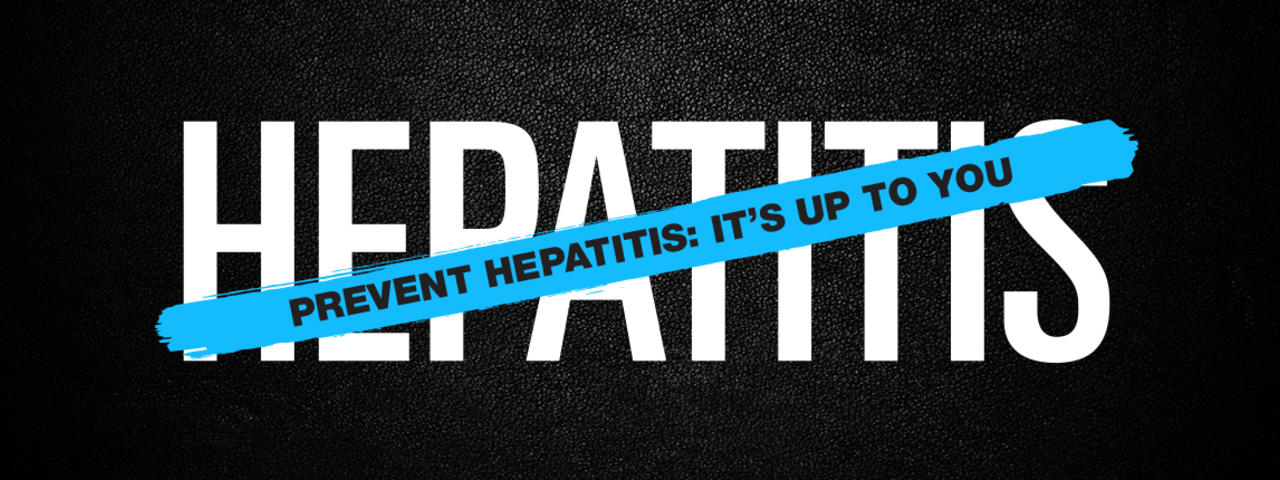
Hepatitis B is a serious and potentially fatal liver disease caused by the Hepatitis B virus that can infect people of all ages. An estimated 850,000-2.2 million people in the US have long-term or “chronic” infection, which can lead to cirrhosis, liver failure, liver cancer, or even death. The Hepatitis B virus is most commonly spread through sexual contact, needle sharing, and during childbirth from infected mother to newborn.
CDC recommends all children receive Hepatitis B vaccine at birth. Hepatitis B vaccination is recommended for all children and adolescents age <19 years so before teens head off to college it is important to make sure they are up-to-date on hepatitis B vaccination. In the US, rates of new Hepatitis B infection are highest among adults age 30-49 years, highlighting the impact of low vaccination coverage among adults at risk. Due to the seriousness of Hepatitis B infection, many colleges require hepatitis B vaccination for school entry. As 3-doses of the vaccine are needed for complete protection, with minimum intervals recommended between doses, incoming college students who were not previously vaccinated against Hepatitis B should start the series before arriving on campus.
To learn more about hepatitis and other vaccines recommended for teens, visit: www.adolescentvaccination.org/.
To join the conversation, follow us on Twitter (@nfidvaccines) using the hashtag #WorldHepatitisDay, follow us on Instagram (nfid_vaccines), like us on Facebook, join the NFID Linkedin Group, and subscribe to NFID Updates.
Related Posts

Protecting Children as They Head Back to School
As school gets underway, experts from the National Foundation for Infectious Diseases (NFID) offer insights on childhood immunization
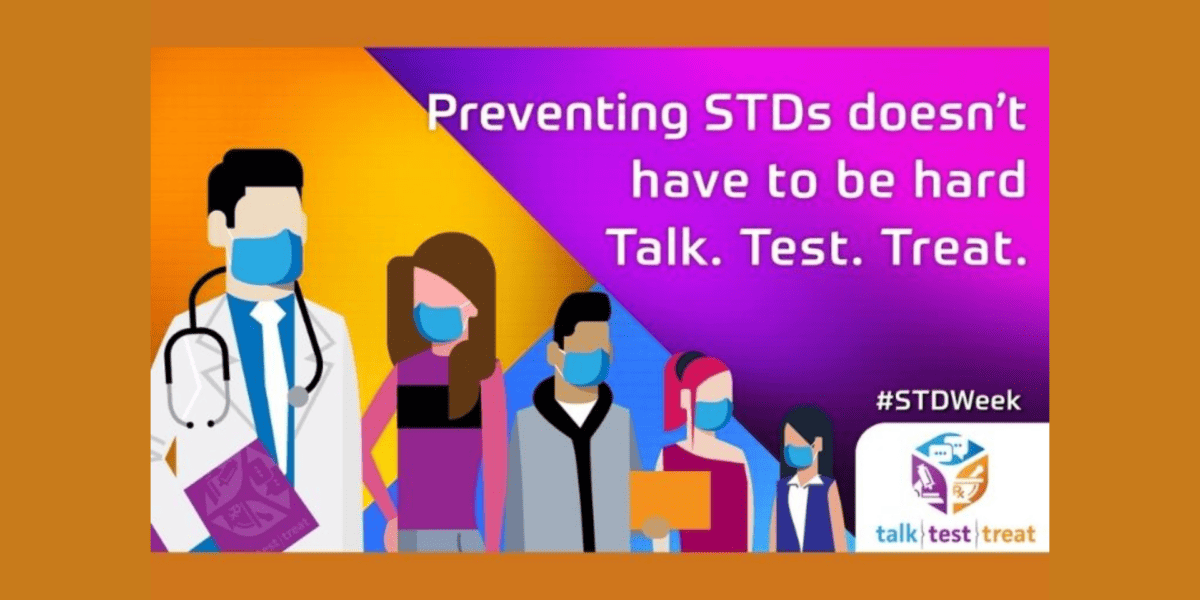
Lifelong Conversations about Sexual Health
Teen Health Week is April 4-10, 2022, and STD Awareness Week is April 10-16, 2022, both of which provide an opportunity for healthcare professionals to begin lifelong conversations with patients about sexual health and the importance of staying up to date on all recommended vaccines …
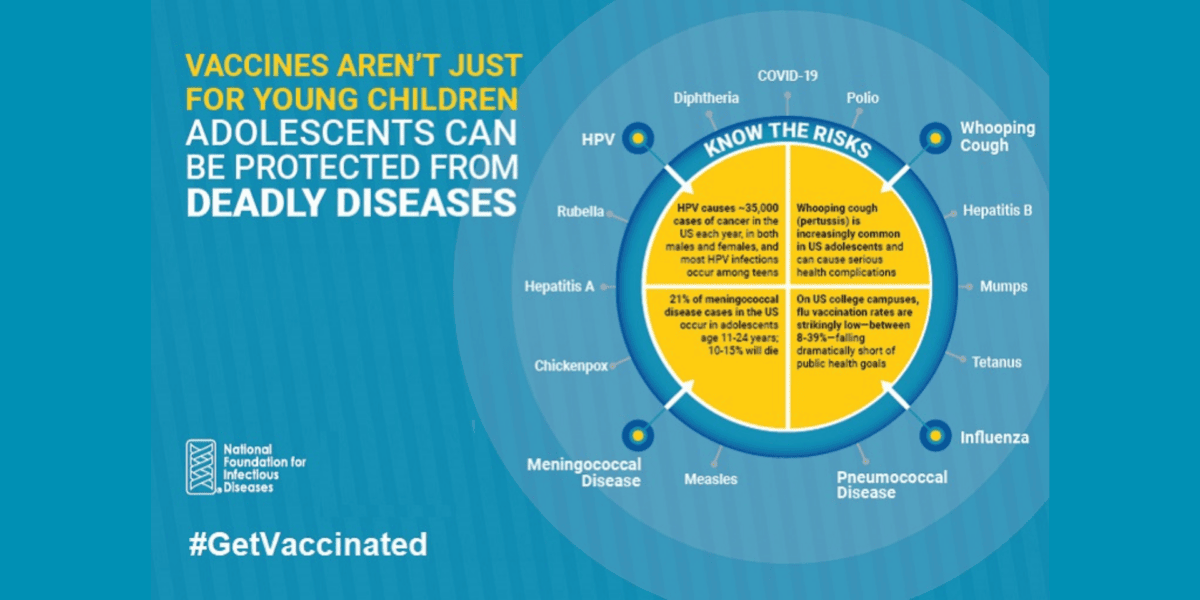
Vaccines Are Not Just for Young Children
CDC recommends vaccinations from birth to adulthood to provide a lifetime of protection. Yet many adolescents are not vaccinated as recommended, leaving them unnecessarily vulnerable. International Adolescent Health Week (March 20-26, 2022) is a perfect time to make sure that pre-teens and teens are up to date on all recommended vaccines …
